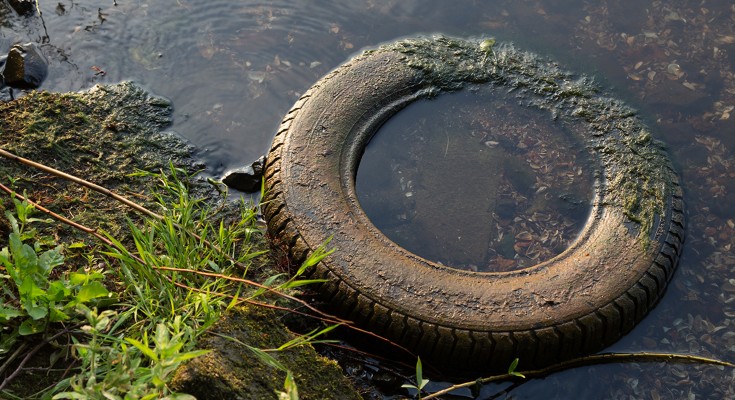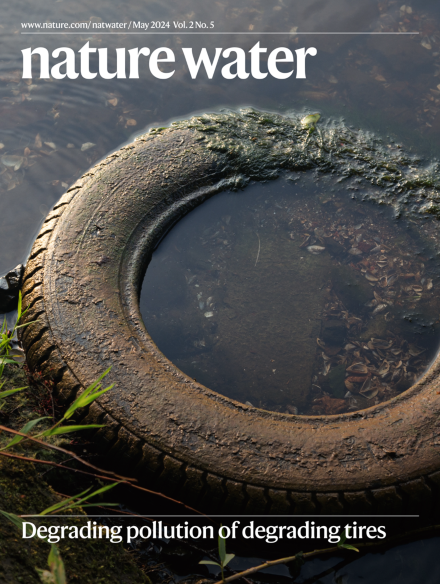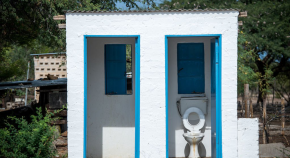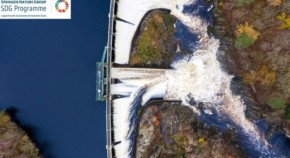
Read our May Issue
In our May issue we introduce the article format "Down To Business". Read also a review on non sewage sanitation, and articles about emerging pollutants like PFAS and 6PPD quinone

In our May issue we introduce the article format "Down To Business". Read also a review on non sewage sanitation, and articles about emerging pollutants like PFAS and 6PPD quinone


